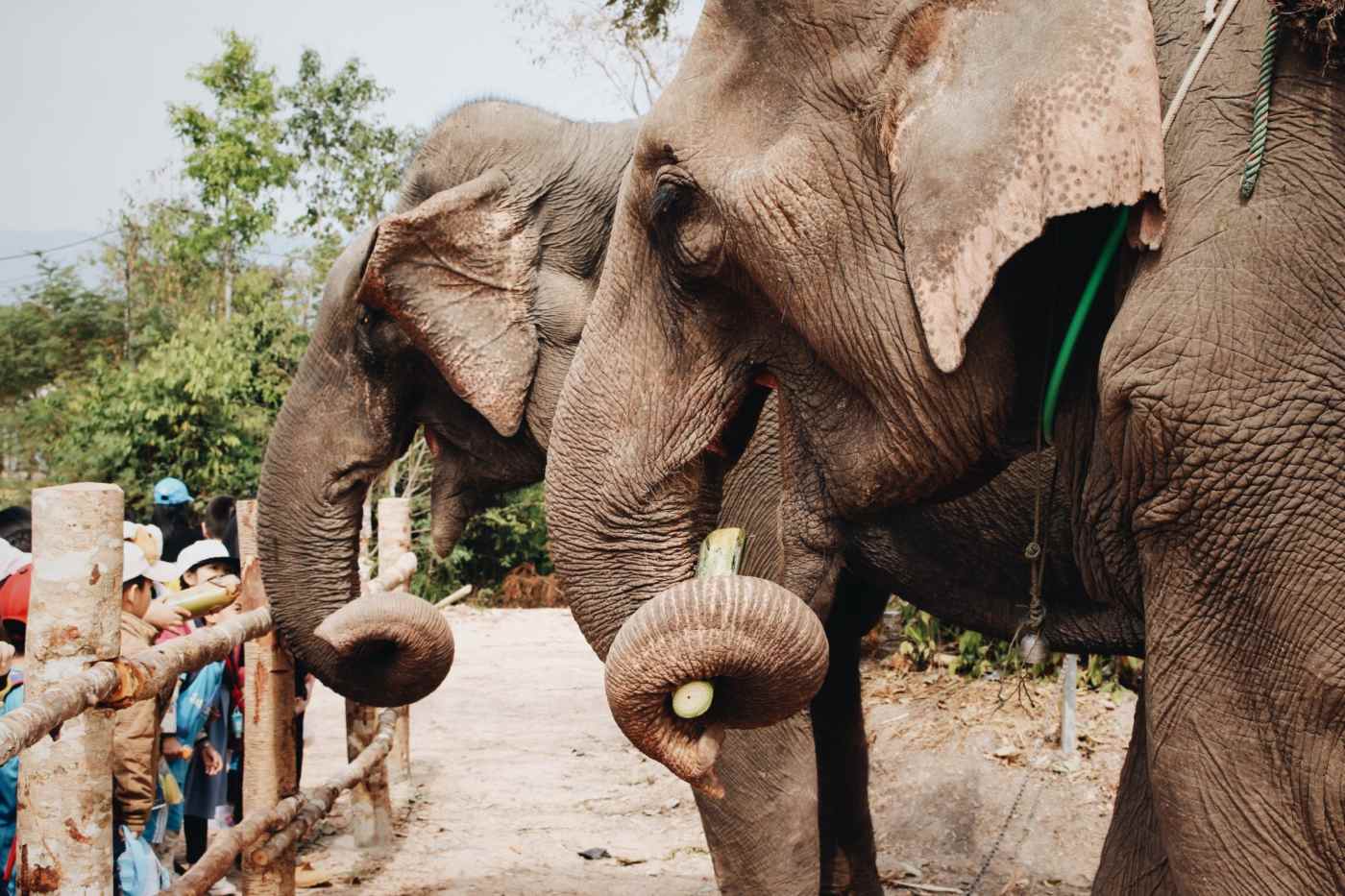Want your kids to truly master a subject? Then put them in situations where they can experience – rather than merely be taught – information. Their futures will depend on it.
This doesn’t mean yanking your kids out of school or doing away with classrooms. But it does mean getting them into summer camps, extracurricular clubs, and other experience-based activities where they can engage in hands-on, experiential learning.
Organizing, Not Just Learning, Knowledge
In just the latest demonstration of the potency of experience-based learning, researchers from Ohio State and Carnegie Mellon universities conducted a study proving that kids learn more and faster when they’re allowed to roll up their sleeves and actually engage with the subject matter.
Their study compared 28 kids (ages 4-9) who attended a zoo summer camp in Pittsburgh that allowed them to interact with animals; and 32 kids who attended another nearby camp, but without access to actual animals.
Prior to the start of the camps and then again when the camps were completed, all 60 kids were tested to determine how well they understood the differences between mammals, birds, and reptiles.

The kids who participated in the hands-on camp – which included interactions with animals, zoo tours, games, and arts & craft sessions – enjoyed a significant increase in their test scores. Kids from the non-participatory camp saw no improvement in scores.
Even more important, the zoo camp kids also demonstrated improved methods for organizing what they’d learned. This kind of leaning is especially important, because it enables kids to apply the knowledge they’ve learned rather than simply regurgitate snippets of knowledge or trivia.
“Children didn’t just learn piecemeal facts like ‘ostriches are birds,'” says Layla Unger, lead author of the study. “They learned how different birds such as ostriches and ducks are related to each other even when they may look very different or live in different habitats, and how birds are different from mammals and reptiles.”
Why is that important? Because “it helps children retrieve what they have learned from memory, helps them reason on the basis of what they learned, and helps them integrate new information. It is a key part of learning,” said Unger.
Experiential vs. Classroom Learning
It was Aristotle who famously declared that to truly learn something we first must do it; that being told/taught something was no replacement for the real thing.
Since that time, researchers have demonstrated, again and again, that experience is a far better teacher than the classroom alone, and that we are far more likely to understand, organize, and retain knowledge from lessons we actually experience rather than simply learn.

More than a century ago, for example, Hermann Ebbinghaus came up with the ‘forgetting curve,’ which demonstrated the unique relationship between memory and time. Ebbinghaus showed that a student who retains a perfect 100% of a lecture on day one will quickly forget massive chunks of that information after only a few days, and that by day 30 the child will have retained just 2-3% of what was taught.
This has obvious implications in an era when so many kids are being ‘taught for the test’ and spend great gobs of time on social media and other platforms that shrink attention spans.
The good news is that experiential education increases retention and application of knowledge for the simple reasons that kids are more engaged with the material and are often required to do something with it – perhaps even be responsible for the solution.
Experiential learning means “students are personally invested in their activity and are often engaged by the heightened challenge of doing something outside their comfort zone,” claims Learning Through Experience, a search engine for experiential learning programs. “These hands-on activities are also highly novel, which helps students focus and become engaged, training the brain for better attention and emotional regulation.”
So there you go mom and dad. Traditional academics have their place, but so too do kids’ camps and clubs that allow your kids to roll up their sleeves and learn by doing.

[…] new concepts are taught using experiential learning methods, they have a 90% better chance of being retained, as per research published in Entrepreneur […]